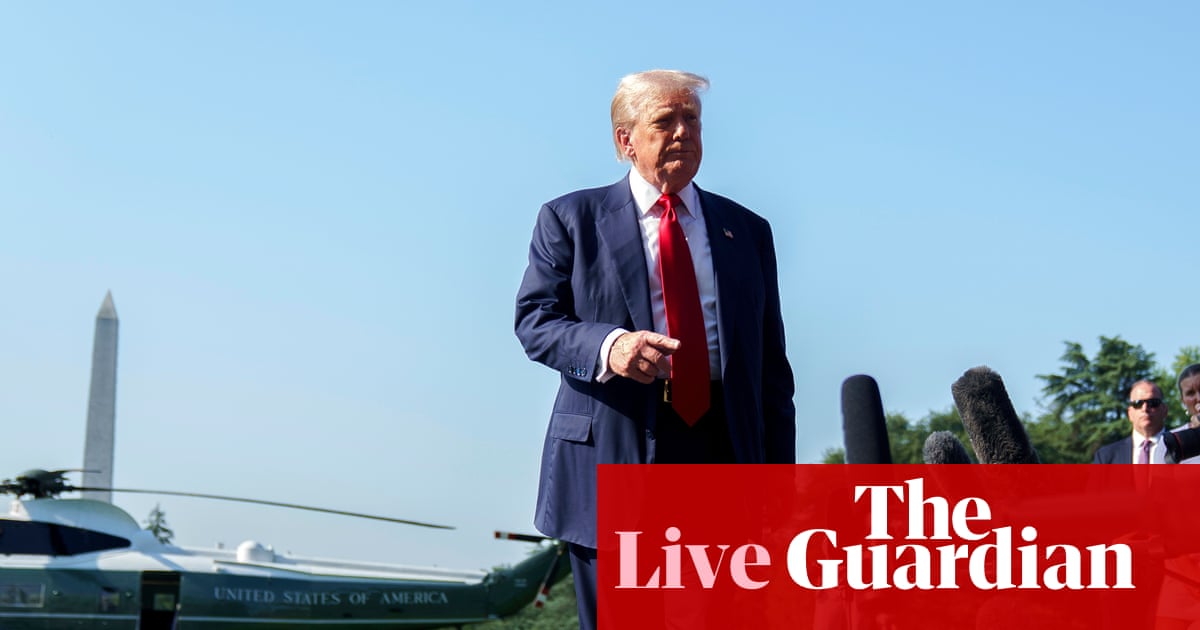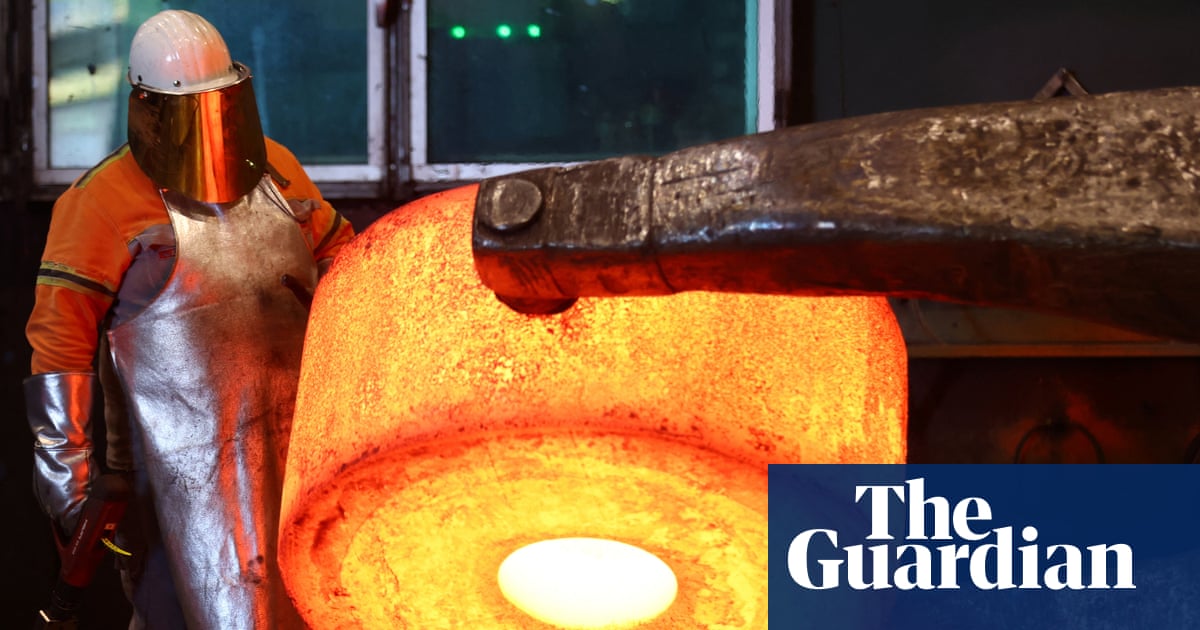T4K3.news
EU faces backlash from France and Germany over US trade deal
French Prime Minister and far-right leaders criticize the EU's trade agreement with the US.

The EU faces criticism from French and German leaders regarding a recent trade agreement with the US.
Backlash over EU trade deal highlights divisions in Europe
The EU-US trade deal has led to a significant backlash within Europe. French Prime Minister François Bayrou criticized the accord, claiming that the bloc had "resigned itself into submission." His comments reflected the sentiments of far-right leaders in France and Germany, who deemed the deal a display of European weakness. The agreement imposes a 15 percent tariff on most EU exports, causing concern among industry leaders. Alice Weidel, co-leader of Germany's Alternative for Germany party, labeled the deal a "slap in the face to European consumers and producers." Despite the criticism, the deal increased confidence among investors, pushing the Stoxx Europe 600 index to a four-month high. The euro, however, weakened amid the uncertainty surrounding global trade. European Commission President Ursula von der Leyen emphasized that this deal would bring certainty to both citizens and businesses across the Atlantic.
Key Takeaways
"The deal was a slap in the face to European consumers and producers!"
Weidel's statement reflects the general dissatisfaction among European leaders.
"The bloc had resigned itself into submission."
Bayrou's words illustrate the frustration felt by some EU leaders.
"The deal creates certainty in uncertain times for citizens and businesses on both sides of the Atlantic."
Von der Leyen emphasizes the benefits of the trade deal despite backlash.
The backlash against the EU-US trade agreement illustrates deep divisions within Europe, particularly between established political parties and rising populist movements. The criticism from leaders like Bayrou and Weidel reveals a growing concern about national sovereignty and trade policy. While financial markets reacted positively to the deal, suggesting investor support, the mixed domestic responses showcase a potential risk for the EU's unity. As Europe navigates its trade relationships in a shifting global landscape, the pressures from both the far right and traditional political entities may complicate future negotiations.
Highlights
- EU deal shows fractures in unity and rising populism.
- Criticism from leaders reveals fears over trade sovereignty.
- Investor optimism hides deep political divisions in Europe.
- Trade agreements can unify or divide—this one reveals rifts.
Political backlash against the EU-US trade deal
The trade agreement has sparked significant criticism from political leaders in key EU countries, raising concerns about the bloc's internal unity and public response.
As Europe assesses its trade policies, the implications of this deal will resonate across the continent.
Enjoyed this? Let your friends know!
Related News

US-EU trade deal faces backlash from European leaders

EU faces backlash over flawed US trade deal

Stock markets fall sharply after Trump tariff announcement

US-EU trade deal limits tariffs to 15%

France and Germany react negatively to US trade deal

Trump states 50-50 chance for EU trade deal

Ukrainian military impacted by Starlink outage

EU steel tariff remains at 50% in latest US trade talks
